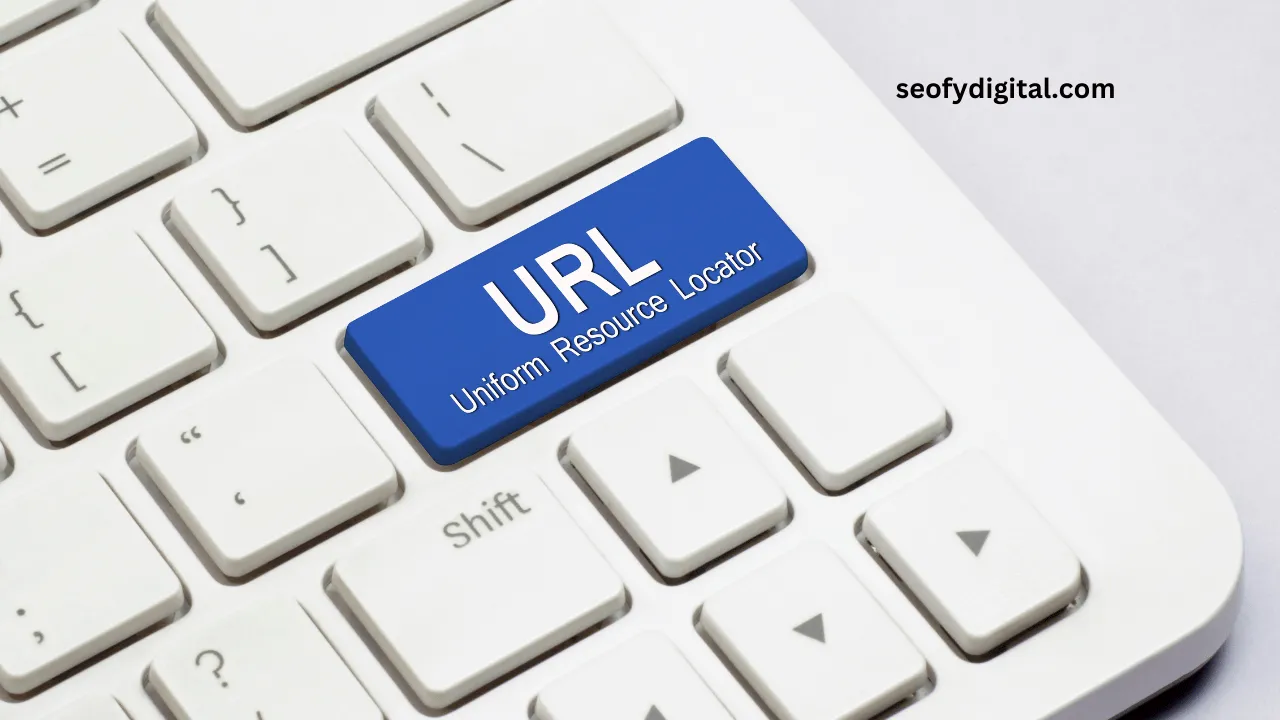In the digital world, international SEO is crucial for businesses aiming to capture a global market. However, international SEO is more complex than domestic SEO, requiring a blend of multilingual content, local SEO, cultural awareness, and technical optimizations like hreflang tags for regional targeting.
Even with a stellar strategy, slow indexing can prevent this carefully crafted content from being seen by audiences worldwide. This issue highlights the need for rapid URL indexing. Rapid URL indexers are tools that can expedite content discovery by search engines, helping companies make their content accessible quickly to different countries and regions.
Think of a business launching a new webpage specifically tailored to customers in Japan or Spain; if that page is not indexed promptly, it might as well not exist for search engines—and thus, for potential customers.
By ensuring content is indexed rapidly, businesses can gain a foothold in international search engine rankings sooner. The benefits of rapid indexing go beyond visibility. It’s about staying competitive in an ever-evolving SEO landscape, where search engines prioritize recent, relevant content for users.
As we explore rapid URL indexers in this article, you’ll gain insight into their mechanics, real-world impact, and best practices for implementing them in an international SEO strategy.

Contents
- 1 1. What is a Rapid URL Indexer?
- 2 2. How Do Rapid URL Indexers Work?
- 3 3. Advantages of Rapid URL Indexers in International SEO
- 4 4. Limitations and Ethical Use of Rapid URL Indexers
- 5 5. Supporting Local SEO with Rapid Indexing
- 6 Conclusion
- 7 FAQs
- 7.1 1. What are the main benefits of using rapid URL indexers for international SEO?
- 7.2 2. Can rapid URL indexers lead to penalties from search engines?
- 7.3 3. How fast can a rapid URL indexer get a page indexed?
- 7.4 4. Do rapid URL indexers support mobile SEO?
- 7.5 5. Is using a sitemap still necessary if I use rapid URL indexers?
- 7.6 6. Do all search engines respond the same to rapid URL indexers?
1. What is a Rapid URL Indexer?
A rapid URL indexer is a tool that accelerates the process of getting a URL recognized and indexed by search engines. Normally, search engines crawl pages at their own pace, which can vary based on factors like website authority, content updates, and overall site health.
Rapid URL indexers work by directly submitting URLs to search engines or using automated notifications, ensuring that content reaches search engine databases faster.
Unlike traditional URL submission via sitemaps, rapid URL indexers use advanced techniques like pinging, push notifications, and automated API calls to alert search engines. This way, content that is time-sensitive, such as blog posts, news updates, or country-specific product launches, doesn’t have to wait for search engines to find it organically.
2. How Do Rapid URL Indexers Work?
The basic premise of a rapid URL indexer is to make new URLs visible to search engines as quickly as possible. Here’s how it generally works:
- Direct URL Submission: URLs are submitted directly to search engines, prompting immediate discovery and review.
- Pinging Services: Rapid indexers use pinging services to notify search engines that a new or updated URL exists, often resulting in faster indexing.
- API Integrations: Many rapid indexers integrate with search engine APIs, which are designed for efficient URL submission, bypassing the need for manual input.
These techniques help websites bypass the usual delays in organic crawling, which can be slow, especially for less authoritative sites or new content. By integrating these tools, websites can maintain visibility for high-value pages that need immediate indexing.

3. Advantages of Rapid URL Indexers in International SEO
For businesses focusing on international SEO, rapid URL indexers bring specific benefits:
- Fast Market Penetration: In competitive markets, speed is critical. A website that quickly appears in search results has a better chance of gaining early traction with target audiences.
- Increased Relevance for Local Keywords: By rapidly indexing region-specific content, you increase its relevance for local users searching with terms unique to their area or language.
- SEO Boost for Multilingual Pages: Websites that offer content in multiple languages often need timely indexing to ensure their pages rank well in regional search engines. Rapid indexing can help improve the chances of ranking quickly for local terms.
4. Limitations and Ethical Use of Rapid URL Indexers
While rapid indexers are advantageous, they must be used carefully. Here are some potential downsides:
- Risk of Over-Indexing: Excessive use can signal to search engines that a site is aggressively trying to manipulate visibility, potentially leading to penalties.
- Quality Control: Rapidly indexing pages that are thin in content or irrelevant can reduce a website’s overall credibility.
- Compliance with Search Engine Policies: Search engines prioritize quality and relevance, and any abuse of rapid indexing tools may attract penalties. It’s essential to use rapid indexers ethically, focusing on high-quality, valuable pages for the best results.
5. Supporting Local SEO with Rapid Indexing
Rapid indexing has a strong impact on local SEO for international sites. Local SEO tactics include claiming business listings, optimizing for local directories, and creating content specifically for a region.
By ensuring rapid indexing, companies can increase the local relevance of their content and maintain a more prominent online presence in specific regions. This is especially effective for brands targeting different languages or local trends, where content must stay timely and regionally accurate.
Conclusion
The global market presents vast opportunities, but capturing these opportunities requires visibility. Rapid URL indexers help businesses stay ahead by ensuring their content appears in search results faster.
For international SEO, where competition is fierce and audiences are diverse, timely indexing is an essential part of effective strategy. By using rapid indexers responsibly, companies can maximize their reach and connect with international audiences more effectively.
With SEO becoming more focused on local relevance and timely content, rapid URL indexing is a smart addition to any global brand’s toolkit. For those serious about global visibility, rapid indexers offer an effective pathway to reaching diverse markets quickly.
FAQs
1. What are the main benefits of using rapid URL indexers for international SEO?
Rapid URL indexers help websites reach target audiences sooner by quickly indexing region-specific or multilingual content, increasing global visibility and search ranking potential.
2. Can rapid URL indexers lead to penalties from search engines?
Yes, if used irresponsibly, rapid indexers can attract penalties. Over-indexing or pushing thin content can hurt your SEO, so it’s best to index valuable content only.
3. How fast can a rapid URL indexer get a page indexed?
Results vary, but generally, rapid indexers can get a page indexed within hours, significantly faster than organic crawling which can take days or even weeks.
4. Do rapid URL indexers support mobile SEO?
Yes, many rapid indexers support mobile-first indexing, ensuring mobile-friendly content gets prioritized, which is essential for regions with high mobile usage.
5. Is using a sitemap still necessary if I use rapid URL indexers?
Yes, submitting a sitemap remains essential, as it provides search engines with an overview of all URLs. Rapid indexers supplement this by getting specific pages indexed faster.
6. Do all search engines respond the same to rapid URL indexers?
No, different search engines have different response times. Google and Bing typically respond well, but results can vary with other engines.








